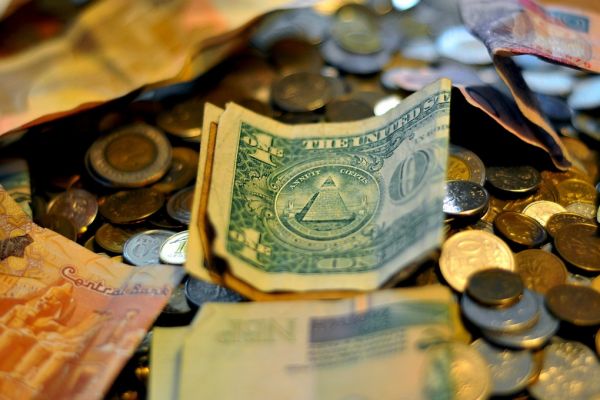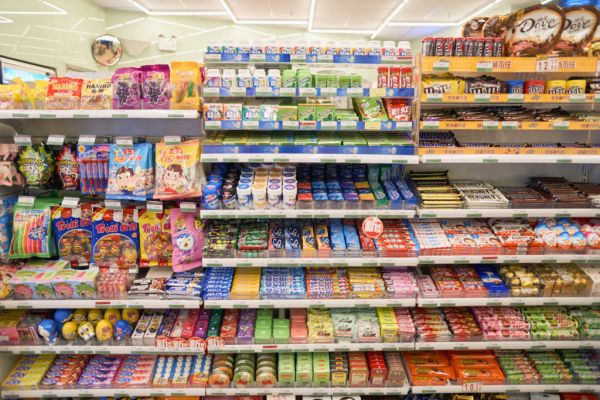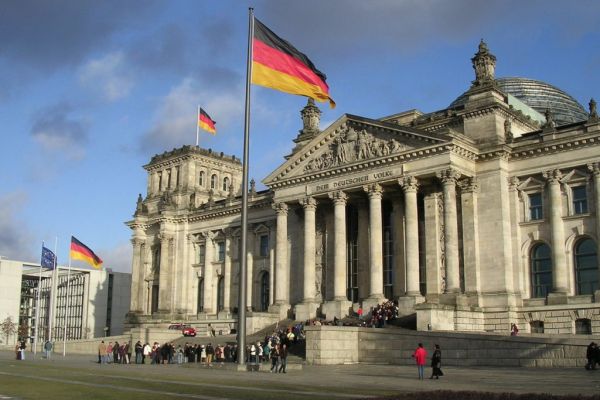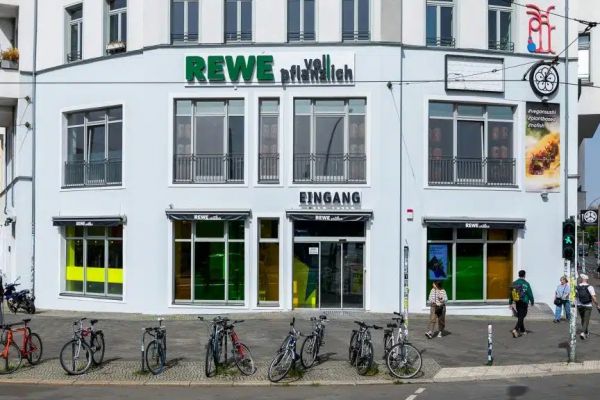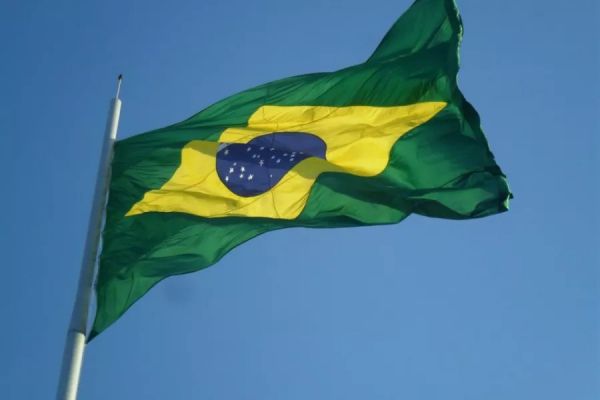Neither Donald Trump’s protectionist ambitions nor Rodrigo Duterte’s rants against the U.S. are proving to be enough to derail the Philippine economy’s momentum as one of the fastest-growing in the world.
That’s according to economists surveyed by Bloomberg News, who see growth exceeding 6% until 2018. Gifted with a burgeoning middle class and backed by $50 billion of revenue from remittances and outsourcing, the Southeast Asian economy is getting an additional boost from President Duterte’s $160 billion- infrastructure plan.
Political risks “haven’t transpired into concrete policies,” said Gundy Cahyadi, an economist at DBS Group Holdings Ltd. in Singapore. “We should pay more attention to hard data, which point to very robust growth prospects for the Philippines, given strong domestic demand.”
While the Philippines hasn’t been immune to the financial market rout since Trump’s shock win in the U.S. election, strong domestic growth drivers have made it more resilient to global shocks compared to export-dependent Asian nations from Singapore to South Korea. Consumer spending makes up about 70% of the economy.
A government report on Thursday will probably show gross domestic product expanded 6.7% in the third quarter from a year ago after climbing 7% in the previous three months, according to the median estimate of 15 economists surveyed by Bloomberg. Polled after Trump’s victory, economists forecast the economy will grow 6.6% this year, 6.3% in 2017 and 6.5% in 2018.
Investors have dumped Asian emerging-market assets after Trump’s victory, concerned that a rise in protectionism will curb global growth and trade. Indonesia and the Philippines have been among the worst-hit in Southeast Asia, with the peso falling near levels last seen during the 2009 global financial crisis.
Philippine stocks and the currency rose on Wednesday as a global-bond market rout eased. The main stock index climbed 1.5% as of 11:29 a.m. in Manila, after tumbling to an eight-month low this week. The peso was little changed at 49.14 per dollar.
Low Debt
Even before the U.S. elections, financial markets were under pressure as investors worried about Duterte’s inflammatory attacks against the U.S. -- including his call for a “separation” from America -- and his violent anti-drugs crusade that’s killed more than 3,000 people. The American Chamber of Commerce, and businesses in the outsourcing and electronics industries, are among those that have raised concern that Duterte’s comments may harm the investment outlook.
At the same time, Duterte has pledged to ramp up spending on roads, airports, seaports and railways to lure investors and create jobs. The Philippines has one of the lowest government debt ratios in Southeast Asia, at 40% of GDP, giving it room to boost spending.
“With foreign investors favouring emerging markets less, the Philippines is one of the better positioned to withstand the selloff,” said Joseph Incalcaterra, a Hong Kong-based economist with HSBC Holdings Plc. “The government has increasing scope to pursue fiscal stimulus and infrastructure build-up while private consumption will power growth.”
News by Bloomberg, edited by ESM. To subscribe to ESM: The European Supermarket Magazine, click here.
